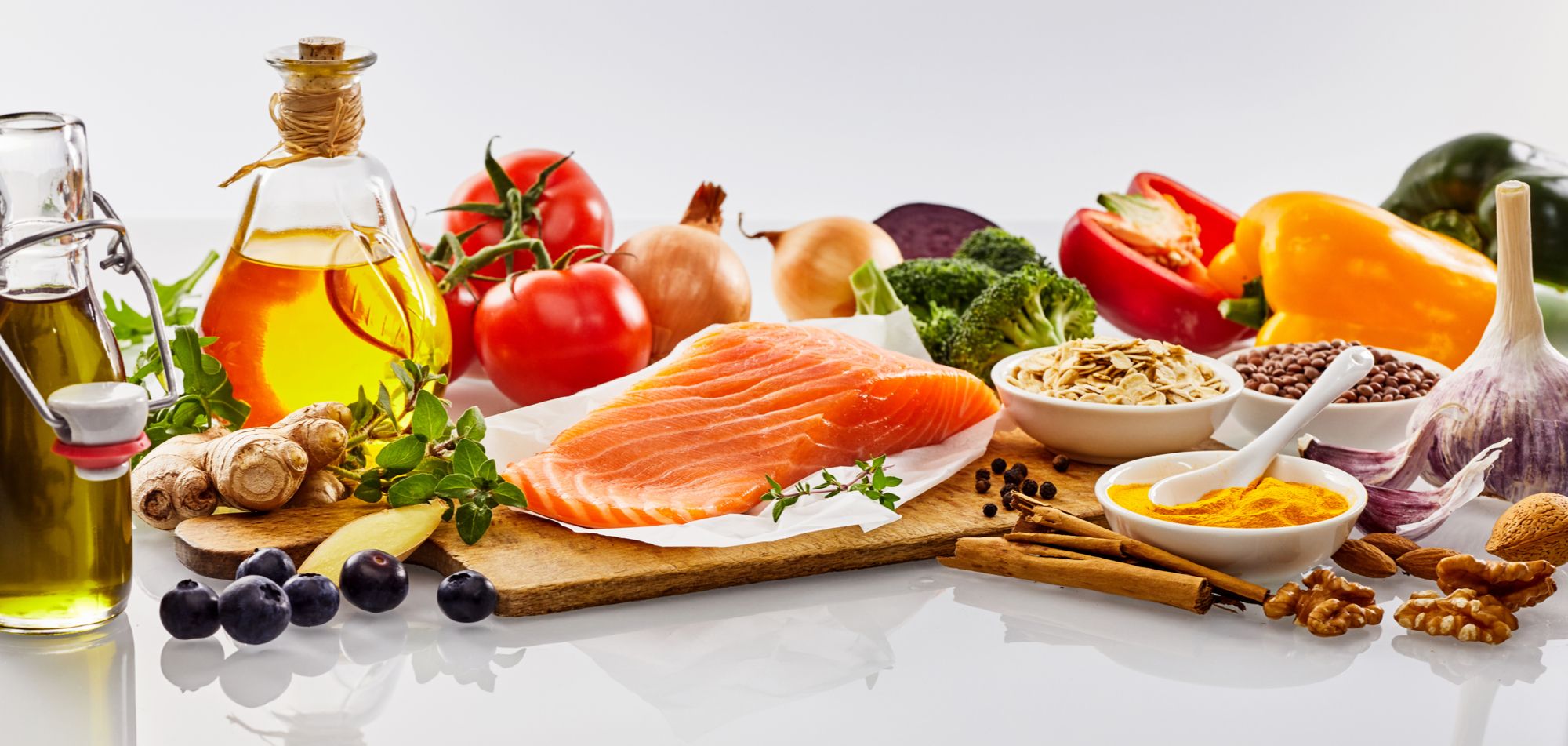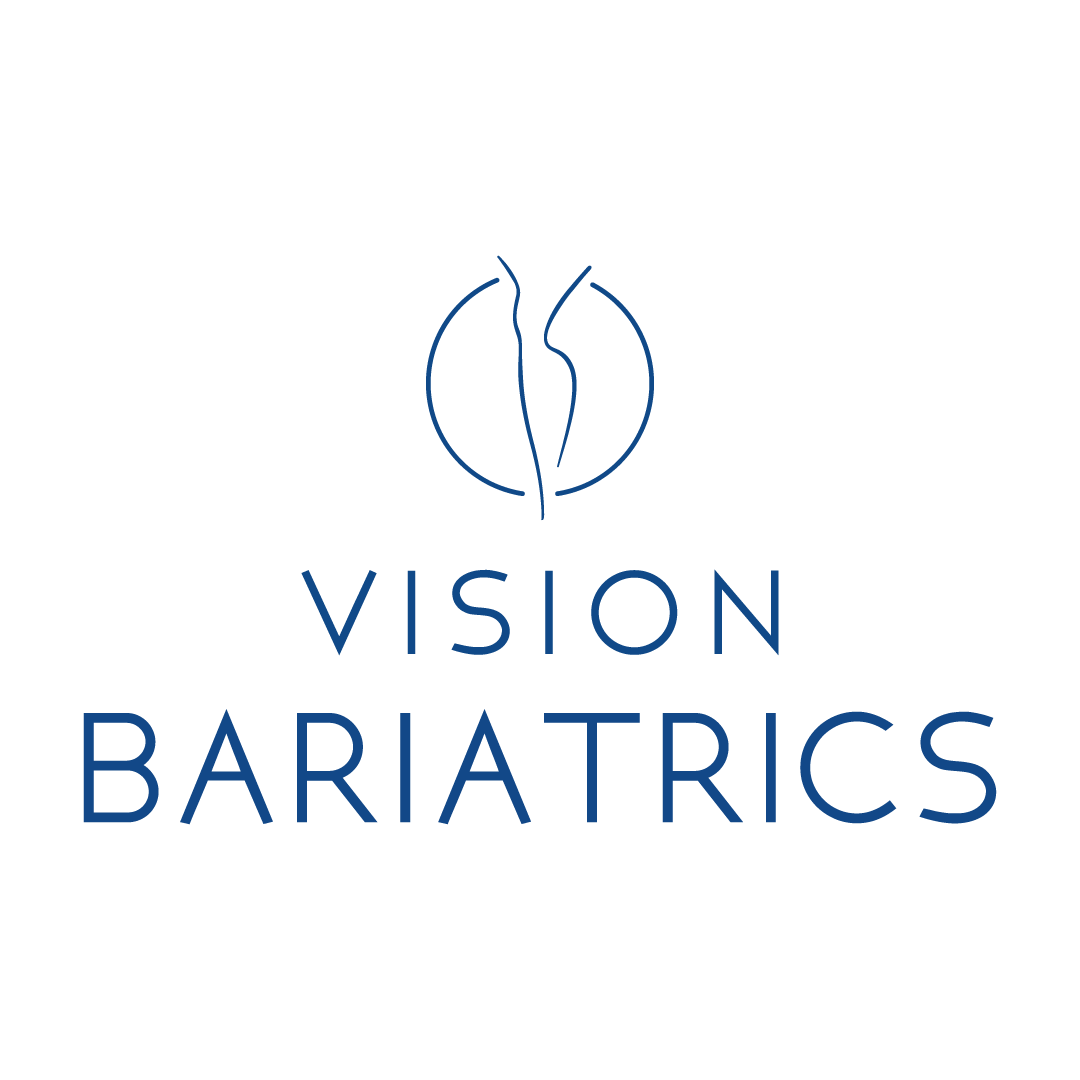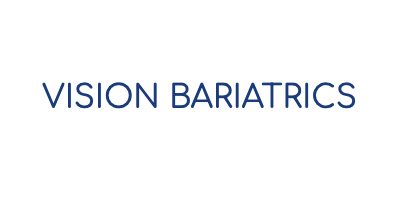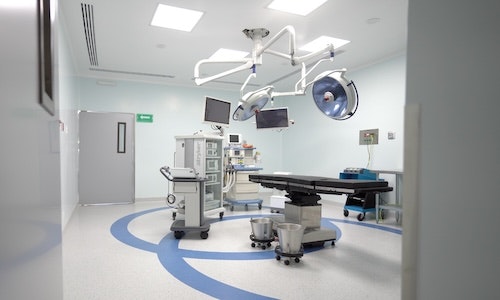Long-term Diet after Gastric Bypass
 Gastric bypass surgery can help those who struggle with obesity to reach their weight loss goals and live a healthier life.
Gastric bypass surgery can help those who struggle with obesity to reach their weight loss goals and live a healthier life.
When considering gastric bypass, it's important to understand that eating habits must change after surgery in order to lose weight and maintain results. At Tijuana Bariatrics in Tijuana, Mexico, we help patients through their weight loss journey by educating them about the ideal long-term diet after gastric bypass. For answers to your questions, we welcome you to schedule a consultation.
Why Does Long-term Diet Matter?
Gastric bypass helps with weight loss by physically reducing the size of the stomach, but this is only part of the weight loss equation. Long-term changes to diet are an essential component. Without a lifelong commitment to eating healthy, the weight lost after gastric bypass surgery can return.
When considering long-term dietary changes, it's important to understand that simply eating less isn't necessarily best for health and weight loss. The types of foods eaten are just as important. For example, eating 100 calories of cake is not the same as 100 calories of spinach. Although the calories may be the same, spinach is full of fiber, iron, and other nutrients that are beneficial for the body.
Here, we offer several tips to help patients at our Tijuana practice maintain a healthy diet after gastric bypass surgery.
Pick Nutrient Dense Foods
Because gastric bypass surgery reduces the size of the stomach, patients will not be able to eat as much food as they could before undergoing the procedure. This makes it extremely important to pick foods that provide the most nutrients in the smallest package.
Nutrient dense foods are those that are high in protein and vitamins and low in saturated fats, sugar, and carbohydrates. Examples include chicken breast, salmon, and broccoli, and other vegetables.
Avoid Foods High in Fat, Sugar, and Refined Carbohydrates
After gastric bypass surgery, foods that are high in sugar, fat, and carbohydrates should be avoided. This includes cookies, cakes, and fried foods.
These types of foods are often called empty calories, and rightly so. Fried foods, sugary foods, and foods high in carbohydrates are often high in calories but lack a significant amount of vitamins, protein, and other nutrients.
Eating these types of foods after gastric bypass can impede weight loss and cause malnutrition.
Plan Meals around Protein and Vegetables
Long-term diets following gastric bypass surgery should be largely made of protein and vegetables, as these are typically nutrient dense and low in sugar and fat.
Lean meats, like chicken breast, turkey, and fish are good sources of protein. Vegetarian options like lentils, quinoa, and kidney beans are also high in protein.
Including vegetables and protein in every meal provides you with the vitamins and fiber that you need after gastric bypass. Colorful vegetables like carrots, spinach, and broccoli are generally the most nutritious.
Drink Plenty of Water
After gastric bypass surgery, it can be difficult to drink larger amounts of water in one sitting because of the reduced size of the stomach. Even so, it's still important to drink plenty of water every day and avoid sugary sodas and juices. We recommend our Tijuana patients drink small amounts of water throughout the day to stay hydrated.
Although drinking water is important, patients should avoid drinking water or any beverage while they eat, and within 30 minutes of eating.
Learn More about Gastric Bypass Surgery
For more tips about the ideal long-term diet after gastric bypass surgery, or for more information about the procedure itself, please call (619) 690-8417 to schedule a consultation.








